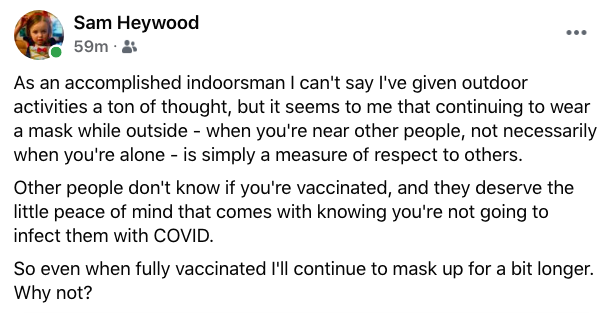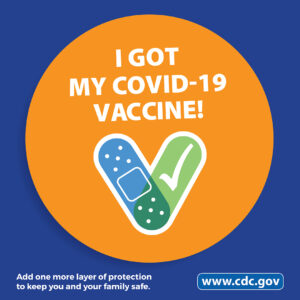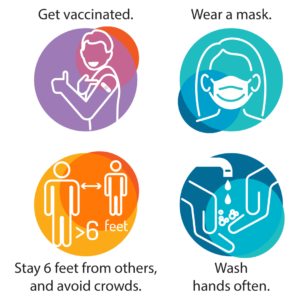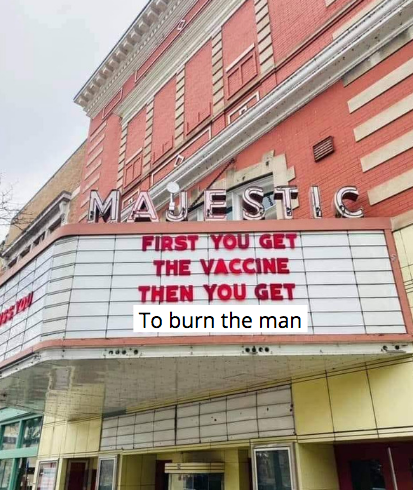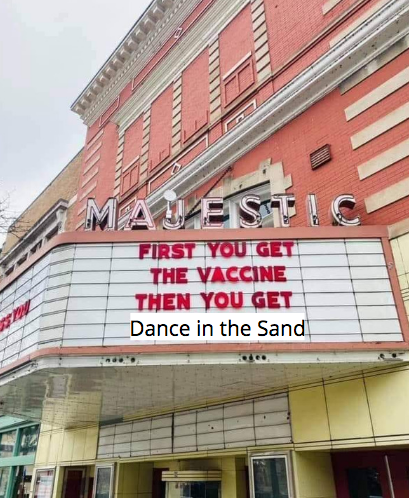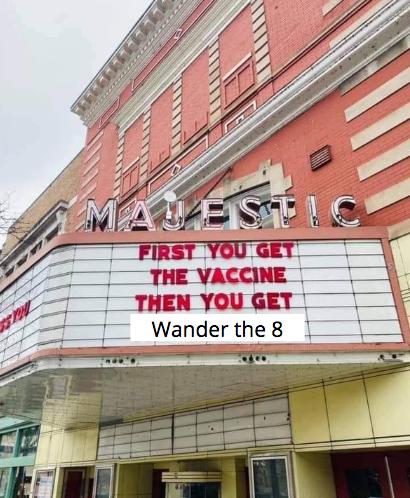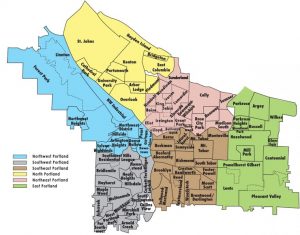Community Resources 2025
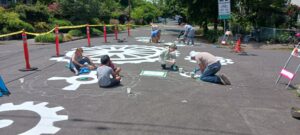
Intersection Repair
SE Clinton and 38th
Summer 2025
Hello there,
I’m often sending people in Portland some subset of what’s below. These are local links to some of the online resources I know about or have created. I’ll update this list from time to time. Feel free to bookmark this post if it’s useful to you and share it with others. This should be very useful to anyone who is new in town!
Albert’s Portland Resource list 6.30.25
Portland Resource Guide – Where to relocate things to so they stay out of the landfill.
Healthcare: https://albertideation.com/directory – a list of practitioners I have personally experienced the work of and recommend
Shared Housing – a couple of resources that I send out often
Panda Pads – https://www.facebook.com/groups/372152173448765
Friends living with Friends https://www.facebook.com/groups/169828903191950
Collective Living PDX https://www.facebook.com/groups/182331551827320
Sacred Circle Dance: Email list: https://sacredcircledance.org/Community
Portland Roommates FB Group
https://www.facebook.com/groups/456375858478727/
Fruit and Veggies – Regional groups for gleaning/sharing what you harvest
If you have extra fruit or vegetables consider offering it to your neighbor
For news on some of the projects I’m leading/organizing, there are newsletters for some of these
My General Newsletters Sign-up link: http://bit.ly/3N5w7gs
1. Efforts to ban gas-powered leaf blowers and other tools
2. Tree/Canopy Protection and Planting
3. LED Lights and Friends of the Night Sky, Portland
4. Woodsmoke Free PDX
5. Left Leaning Humor once in a while – Best Laughs
1. http://qcpdx.org and a FB group @ https://www.facebook.com/groups/344190516434960
2. We Keep Trees Standing FB group – https://www.facebook.com/groups/1601176590145214
3. Friends of the Portland Night Sky: https://www.facebook.com/groups/659624779846461
Newsletter: https://lp.constantcontactpages.com/sl/GETBaV3/friends
Friends of the Night Sky Portland
4. Woodsmoke Free PDX FB group: https://www.facebook.com/groups/449451649375997
Entertainment
Unofficial Beloved FB group: https://www.facebook.com/groups/623879204309339
Sacred Circle Discussion List and FB group @ https://www.sacredcircledance.org/Community
Sign up for the Portland House Concert Newsletter @ https://bit.ly/pdxhouseconcertinfo
Join me and others for trips to see movies – this is a Text list – ie, you get texted when a movie/date/time/location is chosen.
Flip Breskin on House Concerts – how to throw a great house concert
For Fun – I send out a birthday email on people’s birthdays – sign up here.
Hidden Portland for the Curious: https://www.facebook.com/groups/478242150061
My YouTube channel
https://www.youtube.com/albertkaufman – where you will find…
How to get a better night’s sleep: https://youtu.be/6braVghOiP4?si=ci1BbQXJBxr0K4iB
My Marketing Training videos – https://albertideation.com/videos
Albert Kaufman, 8.11.25
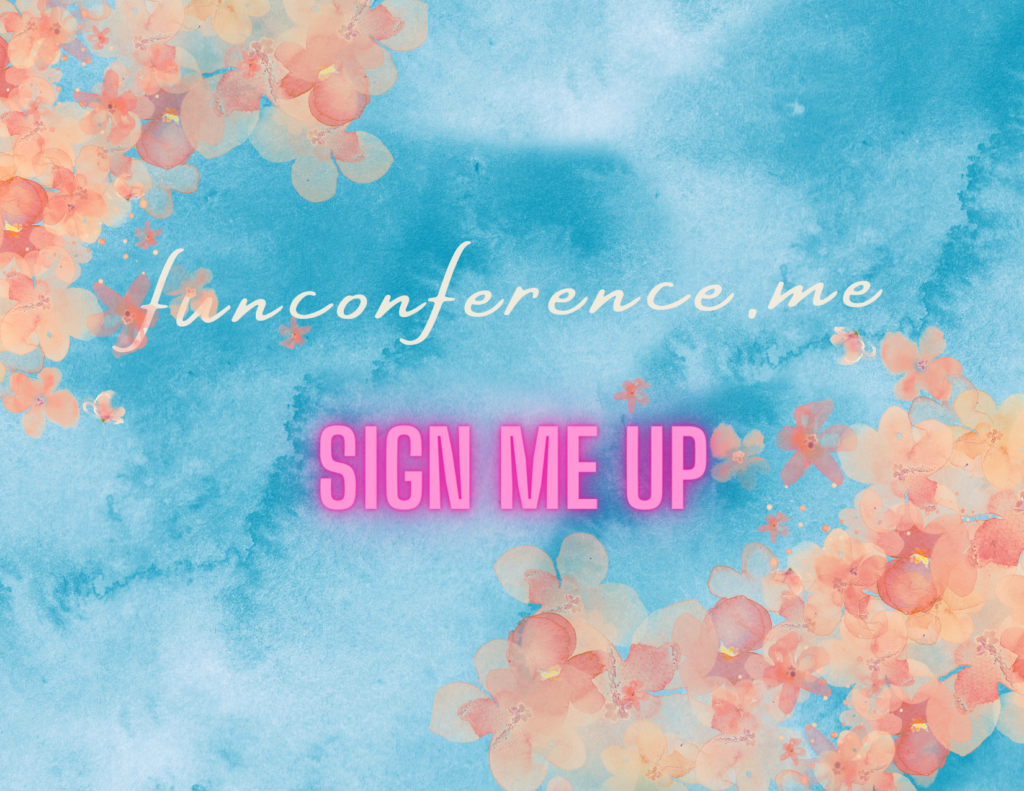
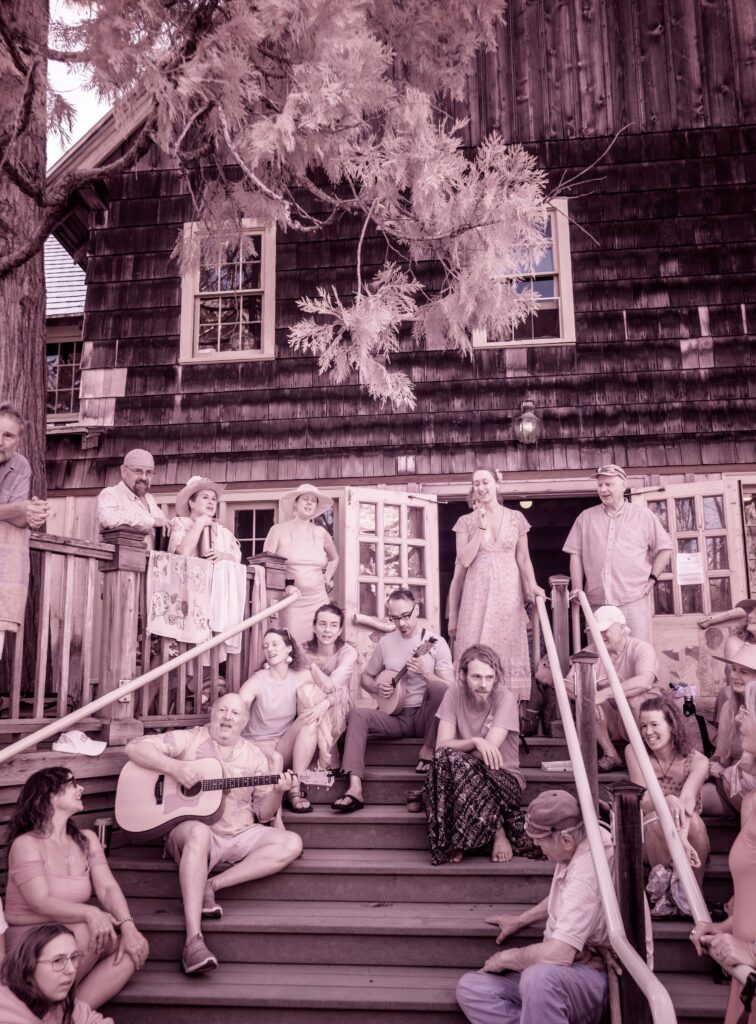
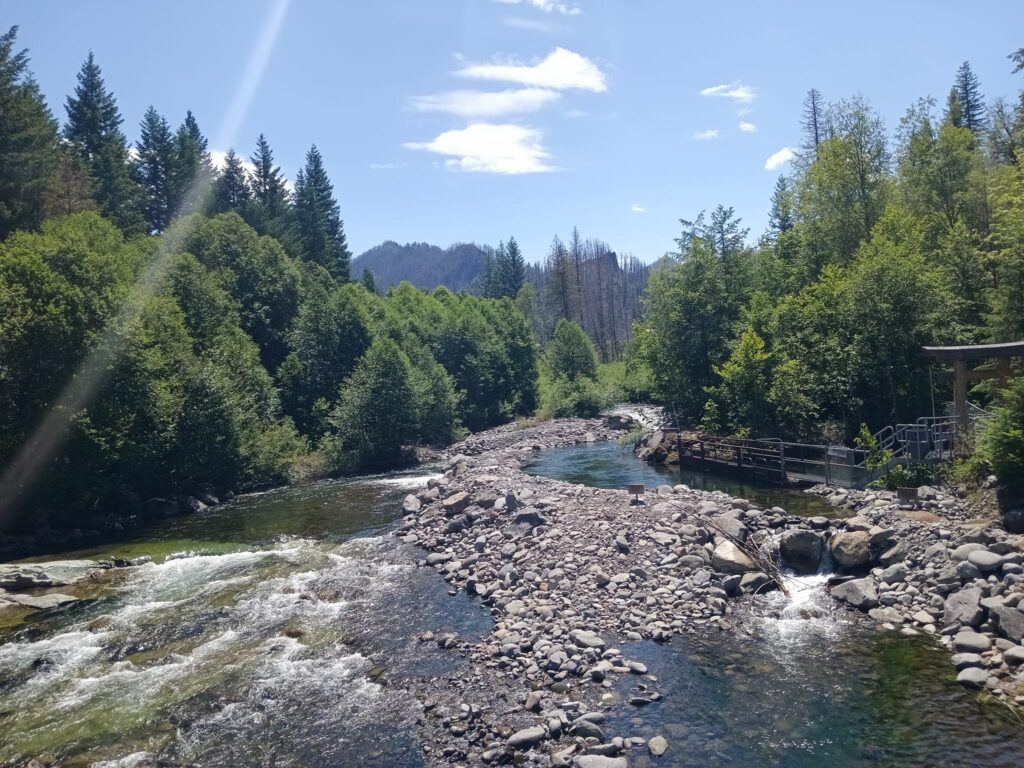
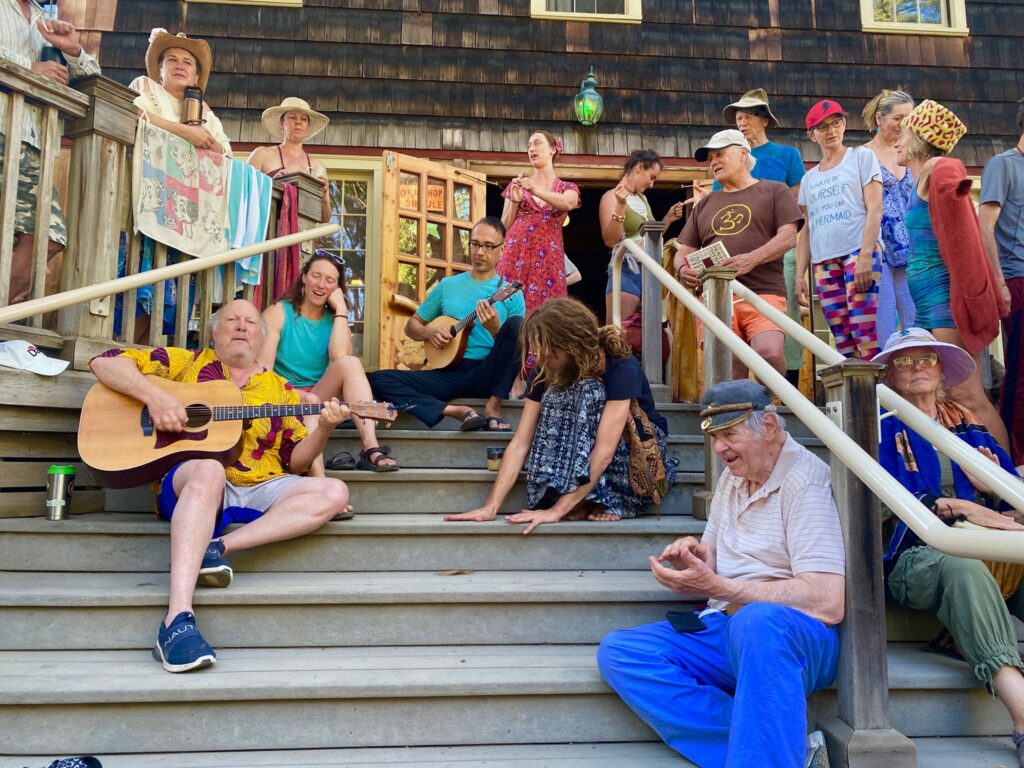
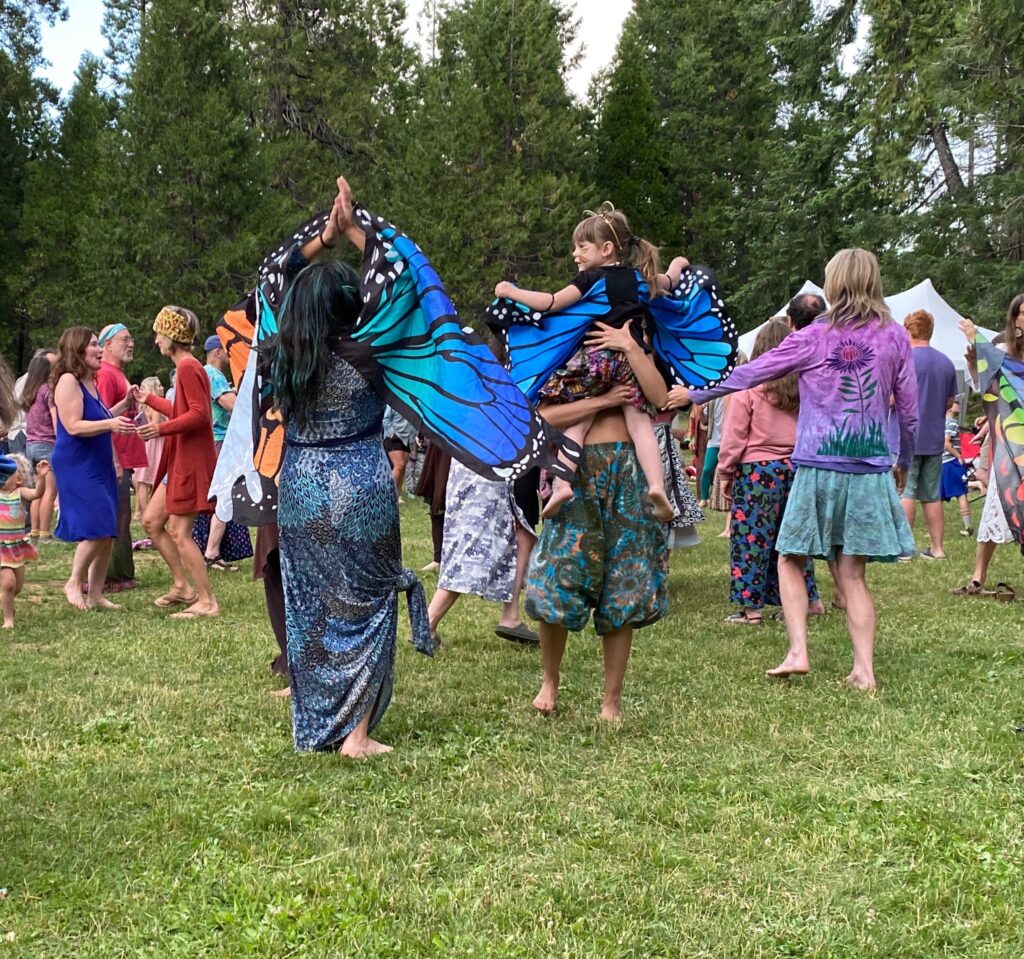
 Get yourself and your loved ones vaccinated as soon as possible.
Get yourself and your loved ones vaccinated as soon as possible.